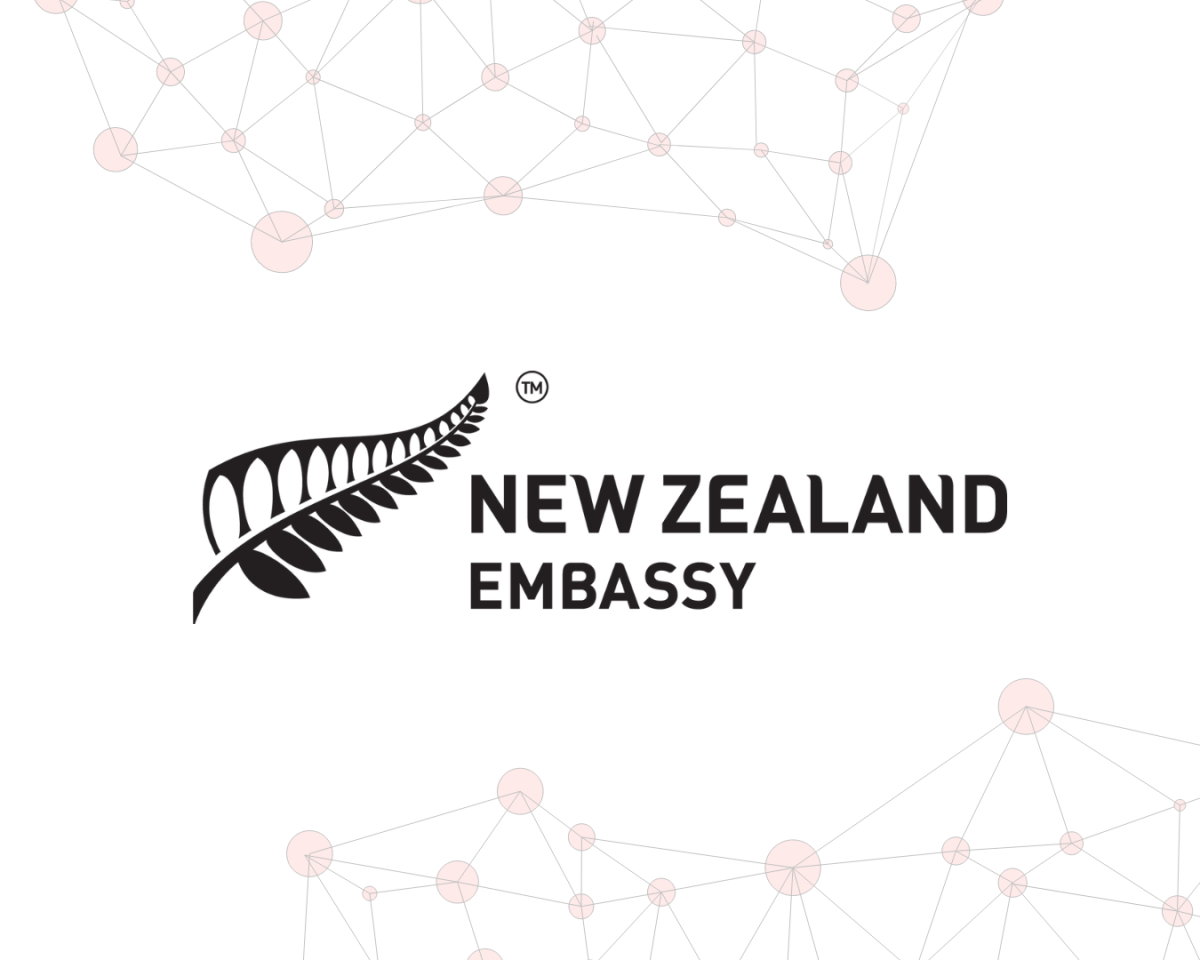In 2021, RACI collaborated with the co-management of the New Zealand Embassy Fund in Mexico.
RACI received a total of 278 postulations from: Mexico (203), Guatemala (18), El Salvador (28), Nicaragua (5), Costa Rica (5), Panamá (2), Dominican Republic (14), y Cuba (3).
The proposals were evaluated with the same punctuation system, analyzing the following categories: organization profile, project viability, rigurosity, impact and budget analysis.
From the project proposals received, the greater number of requests correspond to the themes “Development of communities (particularly rural and natives)”, followed by “Climate change and resilience”, “Education”, and “Sustainable and Agriculture Development”. The Fund of the New Zealand Embassy 2021-2022 also included the themes “Migration” and “LGBTQ+ Communities”.
Once the evaluations of the project are done, the organizations selected by the New Zealand Embassy were: Centro Interdisciplinario de Investigación y Desarrollo Alternativo U Yich Lu’um AC; Asociación Balam para la Conservación de los Recursos Naturales y Culturales Integrados; Asociación de Desarrollo Integral para el Pueblo Maya AQ´AB´AL (Asociación AQ´AB´AL); Awe Tibuame A.C.; Fundación Pro Zona Mazahua I.A.P.; Fundación Étnica Integral; Nature Power Foundation; y, Centro de Estudios y Acción por la Justicia Social AC.
The Centro Interdisciplinario de Investigación y Desarrollo Alternativo U Yich Lu’um AC presented the project “Collective construction of the alimentary sovereignty through the Maya agroecology”, with the objective to consolidate a agroecology center for the alimentary production and the integral capacitation of the community as strategy for confront poverty and vulnerability of the Mayan people.
The Asociación Balam para la Conservación de los Recursos Naturales y Culturales Integrados postulate the project “Promotion of the Development of Rural Women, in communities of the Guatemala-Belize adjacency zone, strengthening their productive capacities and their inclusion in community decision-making spaces”, who seeks to increment the capacity of the organize groups of women and youth in the rural communities in the zone of adjacency in Guatemala-Belice for the development of sustainable life and spaces for inclusive public participation.
The Asociación de Desarrollo Integral Para el Pueblo Maya AQ´AB´AL presented the project “”Strengthening Indigenous Systems for Sustainable Food Production as Resilient Measures to Climate Change in Poaquil Chimaltenango”, dedicated to reinforce the capacity of adaptation and resilience of the agriculture system, maintaining the diversity of the agroecology system, the increment of the alimentary production for the contribution of a healthy and culturally appropriate family food security, reducing soil degradation and favoring its conservation.
Awe Tibuame A.C. presented the project ““Traditional Rarámuri garment, a way to preserve the cultural identity and promote the economy of the Mogotavo community”, who seeks to promote the production of textile garments by the native community raramuri in Mexico.
The Fundación Pro Zona Mazahua I.A.P. presented the project ““Access to water, health and traditional knowledge for indigenous Tzeltal girls and boys from Chiapas, Mexico”, who seeks to provide members of 3 Tseltal indigenous communities with continuous access to water through cisterns and greater sanitary capacities through training in traditional medicine and community gardens.
The Fundación Étnica Integral presented the project “Human Rights and Social Integration Project for Immigrant Workers and their Families” which aims to improve the living conditions of migrant workers and their families living in the Dominican Republic, especially in communities with the highest concentration of migrant population.
Nature Power Foundation presented the project “Nature Village II: Clean Technologies for Sustainable Rural Development in the Dominican Republic” dedicated to building a micro solar plant that will provide energy for the first time to poor rural families, allowing the production of energy without connection to the grid and generating income for isolated and rural communities in the border region of the Dominican Republic.
The Centro de Estudios y Acción por la Justicia Social presented the project “The LGBTIQ+ community in prisons in Mexico. Initiatives to reduce the differentiated impact and consequences of the abuse of the penal system” to respond to the problem (needs, criminalization, impact and consequences of the disproportionate use of the penal system) suffered by the LGBTQ+ population in prisons through knowledge, awareness and training of leaders, social organizations that focus on improving the conditions of this sector of the population and/or people in prison in Mexico.

